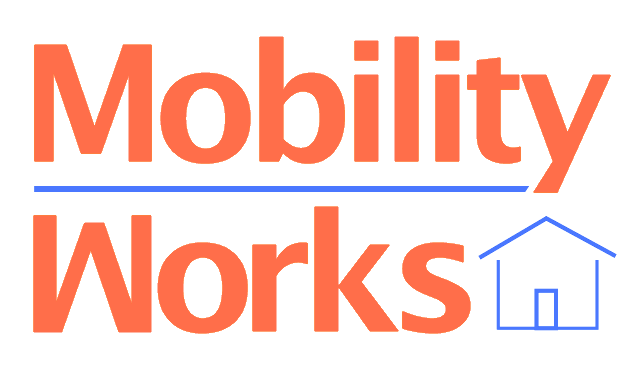Hopscotching over southern-sector Dallas, TX, Christina’s mother made her way to a northwest Dallas suburb from Arkansas in search of greater opportunity for herself and her family. With a housing choice voucher and support, she found it. Although in a neighborhood where fewer than eight percent of the residents were of her same race, she was pleased.
The search for greater opportunity has been the reason for intrastate, interstate and intercontinental moves for millions. It is what propelled Abon and Lucille Bridges to move their growing family, including their oldest child Ruby, from rural Mississippi to New Orleans. After finding greater employment opportunities, the Bridges focused on better educational opportunities for their children. Their momentous quest and sacrifice resulted in what, not only has been memorialized in Norman Rockwell’s “The Problem We All Live With” (depicting Ruby escorted by a U.S. Marshall while walking school in 1960), but more importantly desegregation of New Orleans Public Schools.
Like young Ruby, Christina has experienced better-resourced schools in integrated settings. Seven-year-old Christina makes friends easily. She approaches other children on the schoolyard without apprehension. Her family’s home ranks high according to diversitydatakids.org measures and is a short one mile from the nearest grocery store and in a neighborhood with just over three percent of persons are at or below poverty. Her neighborhood’s distress level rated zero out of a progressive scale of zero to four as determined by the U.S. Treasury Department’s CDFI (Community Development Financial Institution) index. The elementary school met state standards and ninety-eight percent of the nearest high school’s students graduated within four years.
In an age when Americans accept that children of color cannot legally be locked out of predominantly white schools when they are zoned for them, the challenge for voucher holders of color is unlocking housing in high performing school districts and attendance zones. While policy experts and education administrators address the issue of separate and unequal in re-segregated schools where district-wide poverty often exceeds seventy-five percent, mothers like Christina’s unapologetically address their children’s current-day needs by moving to where public resources already flourish. Housing mobility, with the financial and housing search support that comes with it, helps voucher holders find and obtain access.
Negotiating with landlords, encouraging landlords to try participation in the voucher program and providing application fee and security deposit assistance are just some of the ways housing mobility counselors help families. Housing mobility programs’ advocacy for adequate voucher subsidies, which supplement families’ rental payments, assists families who wish to exercise their fair housing right and do not wish to be steered to high poverty-segregated voucher submarkets.
These ingredients help families like Christina’s. They help get Christina to her schoolyard. Thank you, Ruby Bridges.
Though I did not know it then, nor would I come to realize it for many years, what transpired in the fall of 1960 in New Orleans would forever change my life and help shape a nation. When I think back on that time and all that has occurred since, I realize a lot has changed. I also know there is much more to be done. That fateful walk to school began a journey, and we all must work together to continue moving forward. —Ruby Bridges

